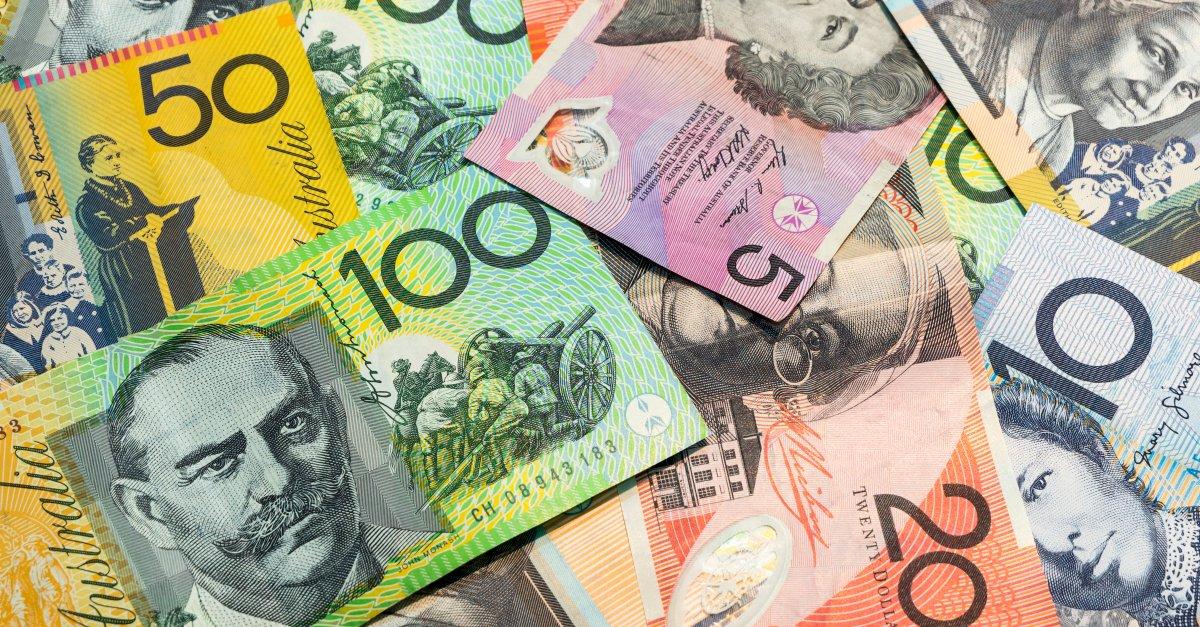
Pricing an event on the money is hard but not impossible
By MEA CEO, Peter McDonald
As consumers, we attach a reasonability of what we’re prepared to pay to a product or service. None of us like to be ripped off. But in an economic climate like now when base costs are increasing, getting people to part with their hard earned cash is becoming even more difficult.
I’ll be preaching to the converted when I say event management is not an easy gig. Like a lot of jobs, it’ll never be fully understood by anyone who’s never done it. The fact that I’ve heard it described as a ‘just a’ job is, for mine, testament to the skills of you; the people who make it look much easier than we in the know, know it to be.
I think one of the most challenging parts of the event management process is setting the price.
Convincing buyers to perceive a value outweighing the dollar amount they’re being asked to pay for a product - one that instinct is to mentally price lowly which, for many, an event attendance can be - is a challenge to master.
Price plays two reciprocal roles in our minds. The first role is negative, the monetary sacrifice one must make in exchange for a product/service. Conversely, price is a cue of quality.
Using a social event as an example, the underinformed will consider their consumption of it to be the food and drink they will ingest. In the purchase moment, they won’t necessarily critically analyse that rent needs to be paid for the space, that ‘feel’ will be added to it, equipment will be all around them, or that the labour time of people working the event be it venue staff, a photographer, onstage talent, the event manager, etc all needs to be paid for. Not to mention all the administrative activities that will be well and truly out of sight, so even further out of mind. When they’re buying their ticket they’ll be thinking, is that a good price or too expensive for me to drink and eat?
Too, previous exposures to different prices influence how people perceive the price in hand.
Events by nature are about adding value to life. By default, that suggests that a value-based pricing strategy is the correct of the possible approaches. This strategy is based on the idea that customers will be willing to pay more for a product or service that they perceive to be valuable. But it all comes down to perception – and gauging what customers perceive as valuable for an event will be both varied and difficult. Therein is the challenge: where to draw the line.
Of course, costs must be covered, but putting a number on atmosphere to add on top is a less exact science. Quantifying its value when setting an event ticket price involves understanding the components that contribute to the ambiance and assessing their importance to attendees.
For this strategy to be optimally effective the existence of these components needs to be established in market messaging about the event as a forerunner to introduction of price. Subconsciously, this influences buyer behaviour by establishing managed expectations. Doing so inverses the reciprocal roles of the event price in consumer minds. By being highlighted first, quality is positioned above monetary sacrifice.
The location and setting of the event would be one component to feature. Factors such as the prestige of the venue, its historical significance, or any scenic views can enhance the atmosphere and justify higher ticket prices. The quality and creativity of the event's decor and theme is another. Unique and visually appealing decorations can create a memorable atmosphere and increase the perceived value of the event experience.
High-quality entertainment can elevate the atmosphere and make the event more enjoyable for attendees. Similarly, the quality and variety of food and beverage offerings. Delicious catering, specialty cocktails, or themed menus can enhance the atmosphere and warrant higher ticket prices for events.
Invest in ambiance-enhancing elements such as lighting, sound effects, scents, or interactive installations can contribute to the overall atmosphere and influence attendees' perception of the event's value. If the event is to offer exclusivity or experiences that are not generally available, the perceived value of the event can be enhanced and justify higher ticket prices as well.
Finally, research of similar events in the market and analysis of their pricing v inclusions in the context of the unique value proposition of an event's atmosphere will guide on prospective perception of value and purchase.
At the end of the day, something is only worth what someone’s prepared to pay for it. The skill is in accurately valuing the intangible without being greedy. Doing a sanity check of whether you or people you know would pay a proposed asking price out of your/their own pocket as opposed to the boss’ – a pub test if you like – may be the best time invested in the whole event’s delivery. If you/they wouldn’t and you’re/they’re typical of the target buyer, it’s too high. If you/they would, you’ve nailed it.


